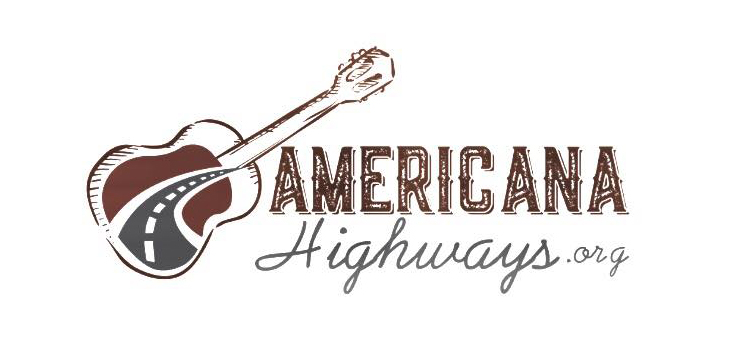From the get-go of the subtle country hook underlying “Under a Lover’s Moon,” it’s clear that RJ Comer has a gifted voice and sense of melody that makes you want to hum along.
There’s a sense of instant familiarity you feel listening to One Last Kiss, Comer’s debut solo album (Growling Moon Records). While entirely contemporary, it sometimes feels like an old friend dropped in to say hello from a top forty chart played on an old FM radio station in another era.
The singer’s commanding vocals gives extra resonance to his material. In “If I Could Be Water,” built around Brian Sutherland’s cello and Daniel Foulks harrowing fiddle, Comer’s voice is so deep it feels like he’s reaching down into the well he’s singing about. You can’t help but think of its uncanny resemblance to the great Neil Diamond. When Comer sings about the rewards of work and life in “All Over Again,” the effervescent arrangement is even twinged with a touch of Diamond’s melodic splendor.
One More Kiss was produced by Shawn Byrne. Comer and his band cover a lot of ground within the roots amalgam. The intrigue of “House Grown Cold” is accentuated by the brooding guitar licks of Randy Khors. “Bad Day In Paradise” has a nice harp overlay and “Desert Mama” is a light, swinging shuffle. The traditional bluesy “You’d Drink Like I Do” has a sense of humor as Comer laments about working at a cemetery and dropping dead bodies into the ground, only to have them talk back to him.
But the best songs on One Last Kiss happen when Comer is at his most personal. In his personal plea to a lover in “Leave Your Light On” he has perhaps his best line: “I’ve been out so long my eyes can’t be trusted.” In the devastating closing title track, Comer’s dark family saga is summed up in one line: “You’re dead before you know you’re hurt.”
The album marks Comer’s solo debut after previously releasing two band albums and EPs. It also marks a triumphant life turn for the singer who endured a series of events that brought on poverty and several attempted suicides. He served time in jail where he turned his life around and went on to work his way through law school to become a lawyer.
In this context, the autobiographical “Let’s Run” takes on greater meaning. I suspect there’s more to his life story than revealed in “Still Doin’ Time” and the album’s title track. As some of the songs hint, we hope that he will continue to unveil more of what lies below the surface.
